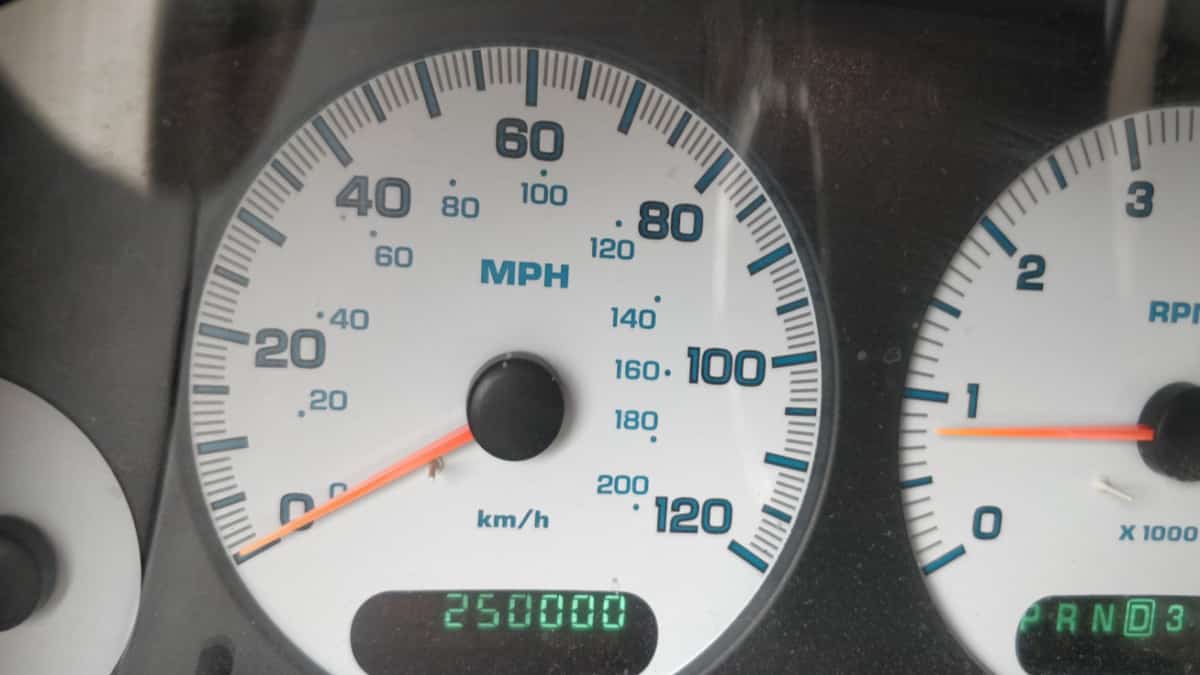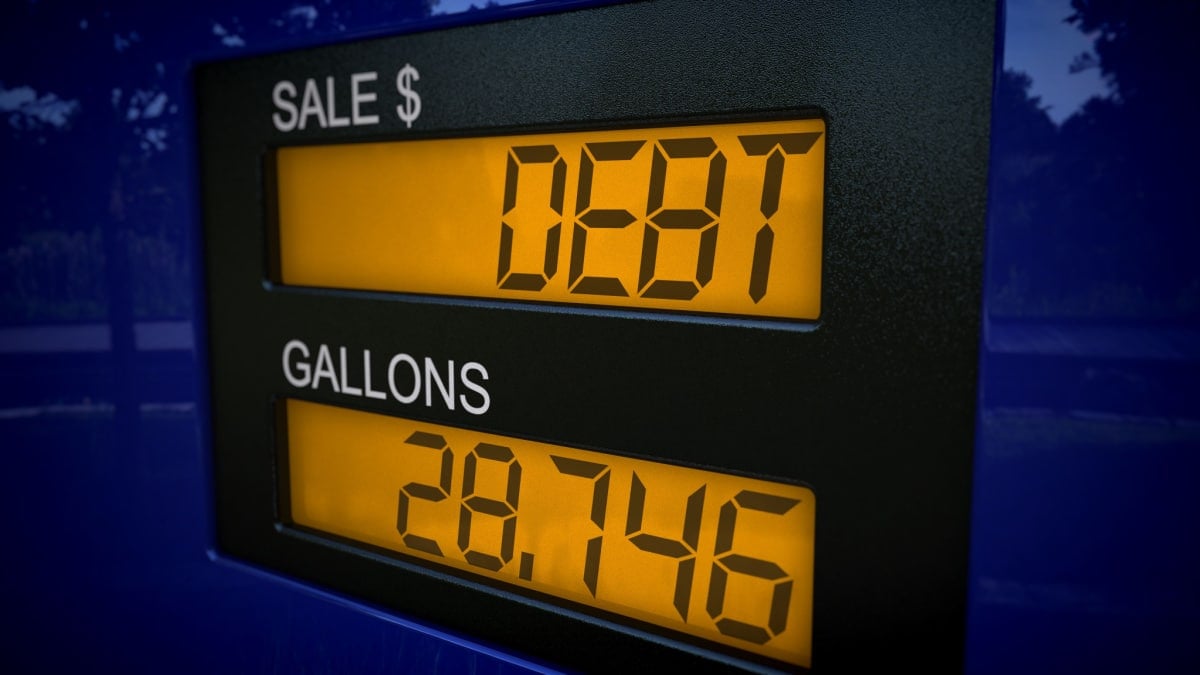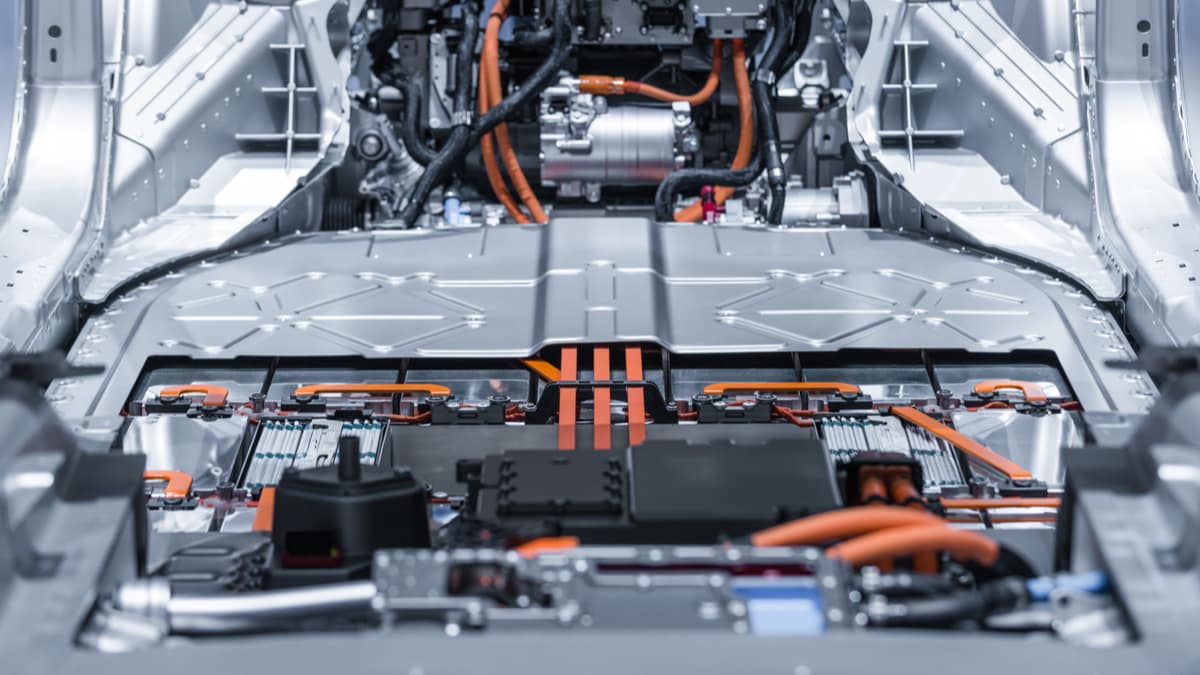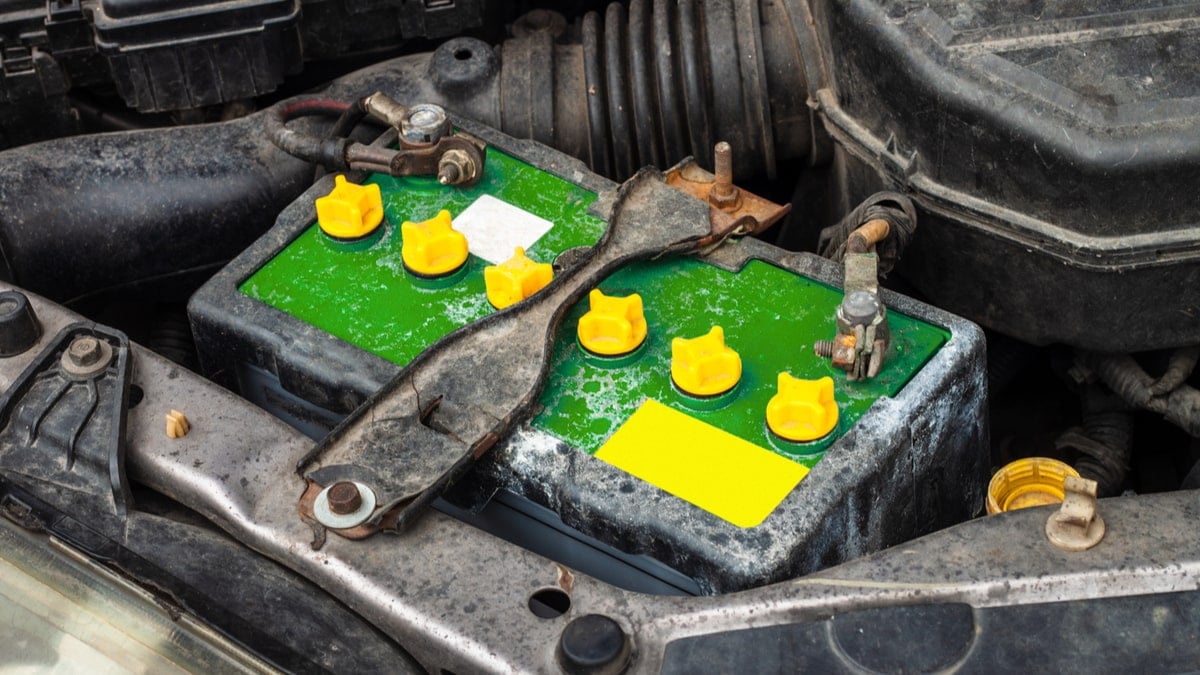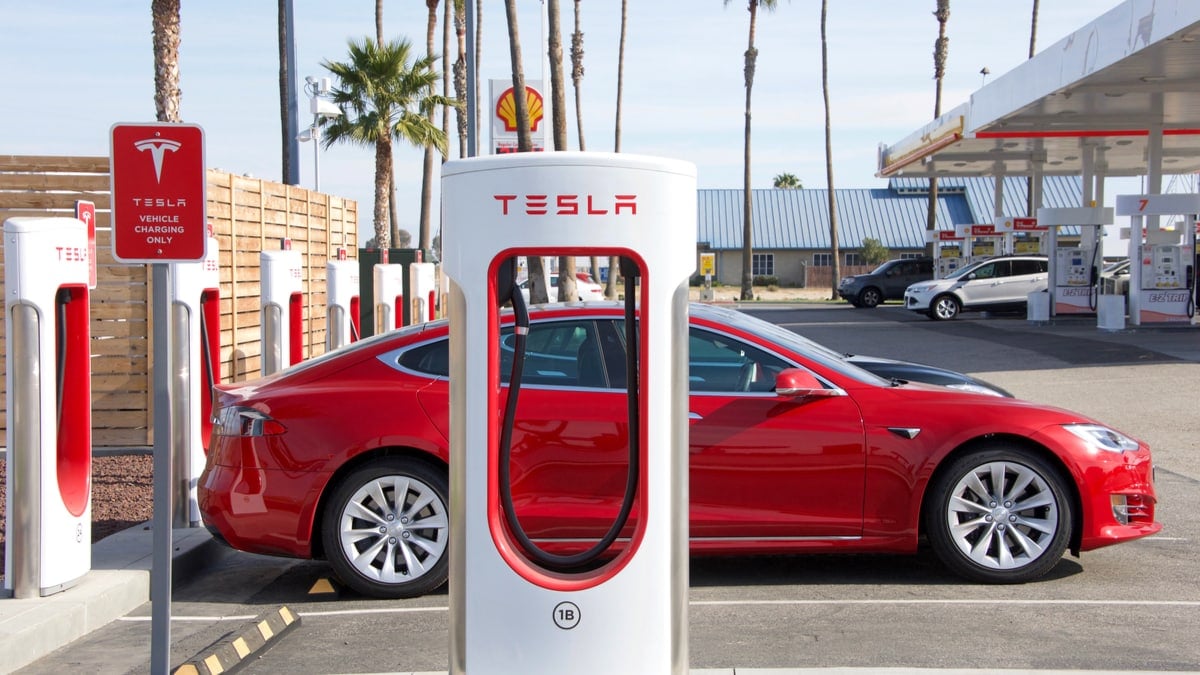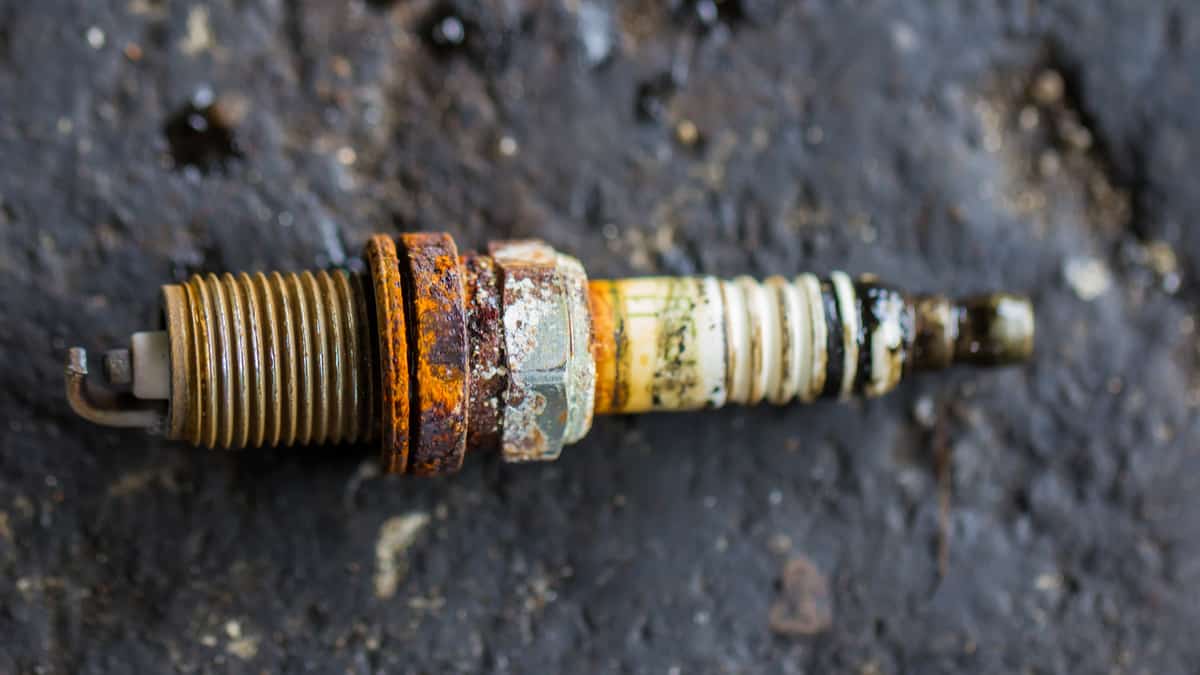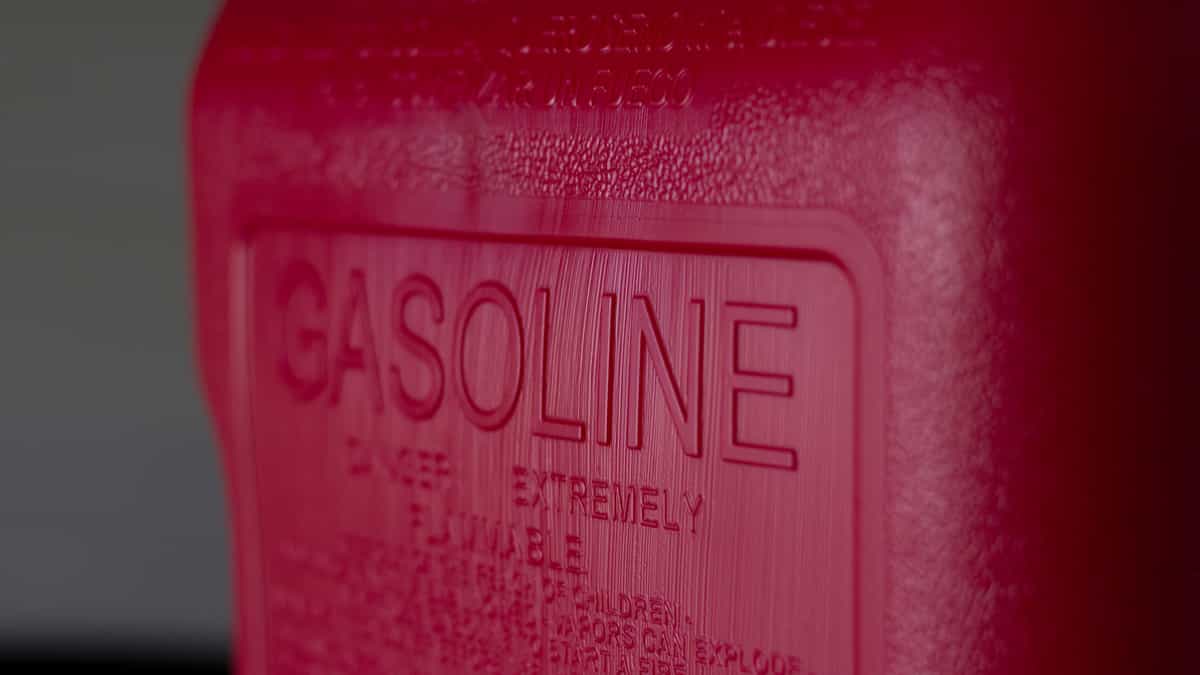Are you wondering if your car might be on its last leg? How many miles does a car last on average? Modern vehicles are made to last longer than those made years ago, with components being constructed to take more wear. With lower maintenance costs and fewer repairs, you might be able to push your vehicle longer.
I look at the factors that influence a car’s life and evaluate how many miles you might expect to get from it. I also give you some tips on how to make your vehicle last longer.
How Long Do Cars Last?
The average car lasts around 12 years or around 200,000 miles, according to The Bureau of Transportation. These lifespan numbers continue to rise as modern technology helps vehicles last longer.
It’s safe to assume that vehicles are built to run up to 200,000 miles when properly taken care of. However, electric engines should last up to 300,000 miles.
By keeping a vehicle longer, you gain a lot of benefits. Not only can you avoid paying more money on a newer model, but you could save on insurance premiums as well. However, some people don’t like the uncertainty of driving an older car and aren’t happy with the additional repair costs when little things break.
It will depend on the type of vehicle you own and how you’ve taken care of it. Some brands are also known for being more reliable and could easily last longer than other manufacturers. If you want to keep a car running longer, it’s best to do your research and choose a model wisely.
5 Ways to Extend Your Car’s Life
1. Stick to a Service Schedule
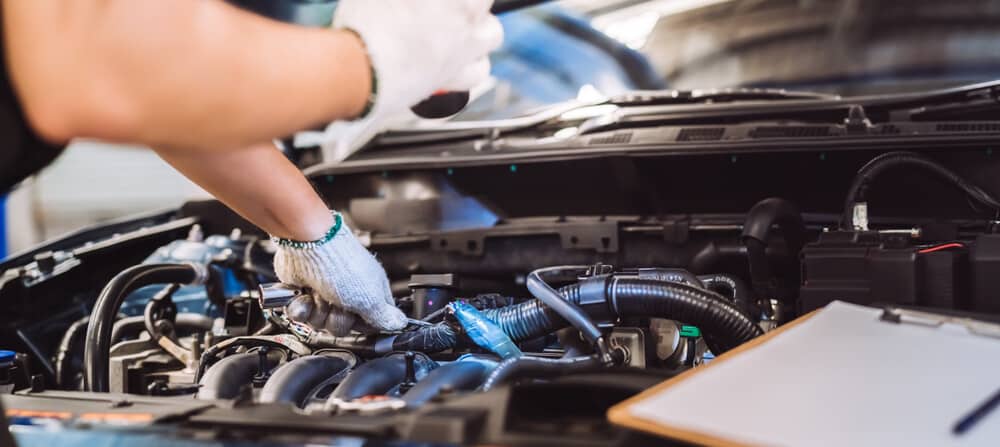
All car manufacturers recommend a specific maintenance schedule. When it comes to performing regular maintenance, a small amount of prevention can reduce a lot of headaches down the road.
Some car maintenance can be done on your own. It doesn’t take a lot of skill to change the oil or replace a cabin air filter. However, you might need additional help when it comes to changing spark plugs or replacing a fuel filter, depending on the type of vehicle you drive.
Take the service schedule and make yourself a calendar. Schedule the appointments when it is convenient for you and you might be able to avoid those surprise repair visits.
2. Fix Minor Problems Promptly
Some people tackle car problems head on, while others will drive around with the Check Engine Light on for months. If you want the engine to last as long as possible, you should take every issue, no matter how minor, as a serious concern.
The second there is a symptom that indicates trouble, you should have it looked at. If you don’t perform minor repairs promptly, they can quickly turn into bigger complaints. As an example, by driving around with fouled spark plugs, which only cost a small amount to replace, you could destroy the catalytic converter. This major repair could cost you up to $2,500 or more.
3. Clean the Engine
Many people neglect to clean the engine periodically, but this is something you should consider. Contaminants and dirt build-up in the engine over time. This layer of grime puts some strain on the motor and can cause overheating or a reduction of life.
With a simple fuel injector cleaner, you can reduce how much dirt and contaminants are in the system. Additionally, using synthetic oil will help keep the engine clean and lasting longer.
4. Allow the Engine to Warm Up
If you live in an environment with colder temperatures, it’s wise to let the engine warm-up before driving. With today’s remote start systems, you can do this without leaving the house.
Cold weather can take a toll on the engine and contributes to battery failure. As the temperatures drop, the engine requires more energy to start. The cold can also thicken the oil, making it denser. Until the engine is warmed up, the oil might not circulate the way it should.
5. Drive Wisely
If you drive less frequently, you can extend the life of your engine. However, you don’t want to stop driving altogether. Instead, focus on getting all of your errands done at one time, taking the car out a couple of times a week instead of every day for short trips.
When you take a short drive, the exhaust isn’t able to evaporate the condensation in the exhaust from the cold weather. If left in the muffler, it could lead to rust. Additionally, the battery doesn’t get recharged on short trips.
On top of that, if you want the engine to last, you should be gentle on it. Avoid pushing the car too hard by maintaining a consistent speed whenever possible. With a little care, you can push your vehicle out a few more miles.
How many miles does a car last?
The average car lasts around 200,000 miles, but some car models could last much longer. However, the lifespan of a car depends on a variety of factors, including the make and model of the car, how well it’s maintained, how it’s driven, and the conditions in which it’s driven.
How many kilometers does a car last?
The average car lasts around 300,000 km, but the lifespan can be longer or shorter depending on how you take care of your car and many other factors.
Which cars have the longest life expectancy?
Asian car brands such as Toyota and Honda are known for their reliability and longevity. Some American brands, such as Chevrolet and Ford, also have a long average lifespan.
Are 10 year old cars worth buying?
Whether a 10-year-old car is worth buying or not depends on many factors. An important factor is the odometer mileage. If the mileage is over 200,000 miles, there is a high risk that parts will begin to fall apart. It is also important to look at how well maintained the car was in the past.
References:





